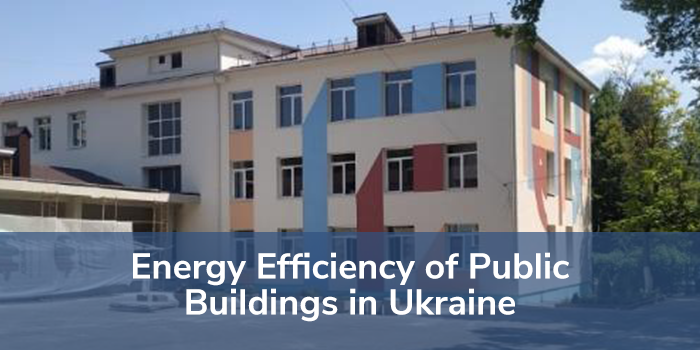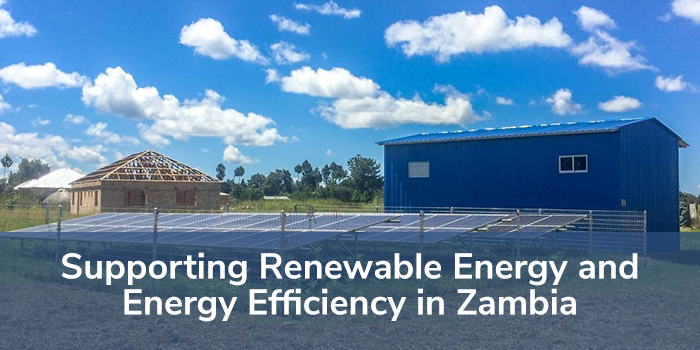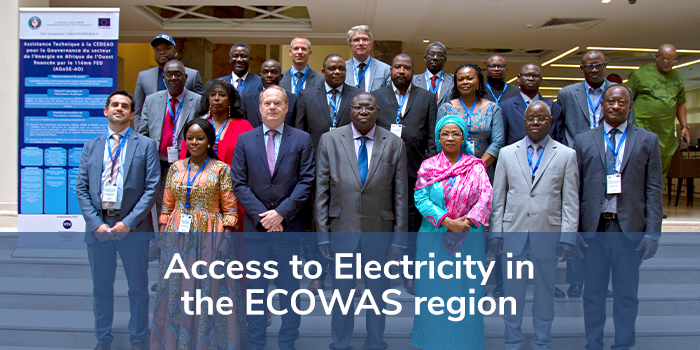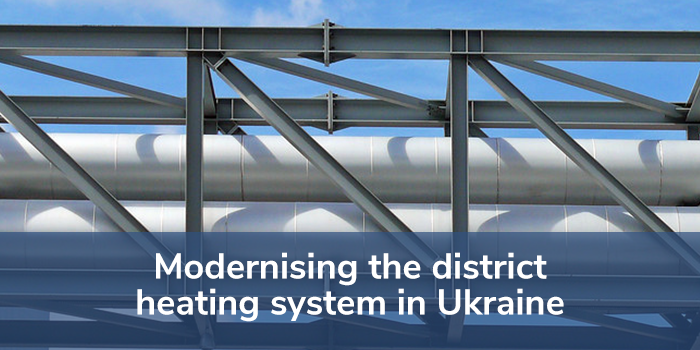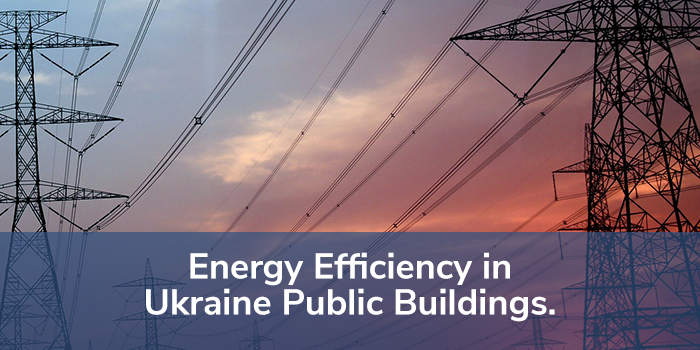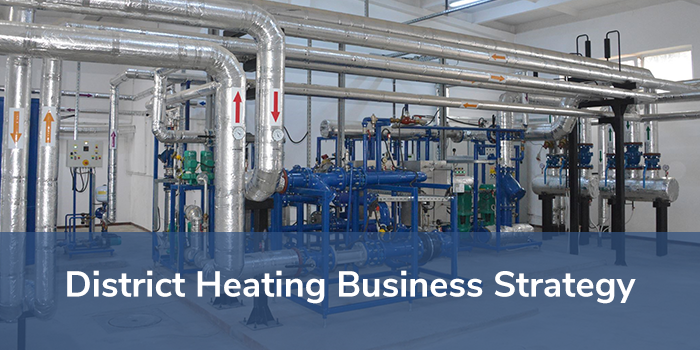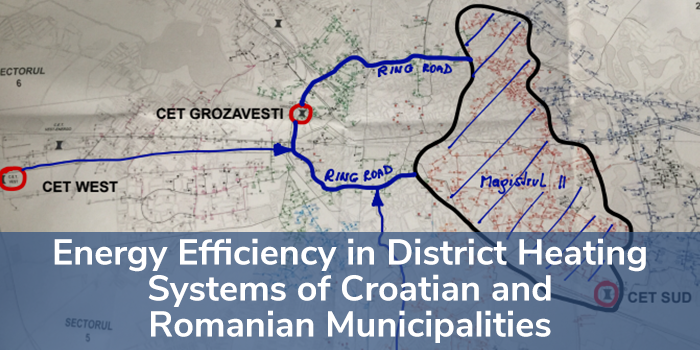In the chain of energy production to energy consumption, the efficient use of energy can be improved at all points and can bring substantial advantages from an economic, social and environmental point of view. Energy efficiency has contributed to significant savings in energy consumption around the world.
Due to the multiple benefits of improving energy efficiency, it has gained attention as being a key solution for economic and social development. Technology and innovative solutions are developed to use less energy. Dedicated efforts are being pursued from private companies, public institutions and consumers to reduce energy consumption.
However, rapid development and economic growth around the world, especially in emerging countries, triggers the energy demand and leads to a subsequent growth in energy use. The improvement of energy efficiency is also confronted to challenges that impede the realisation of cost-effective energy efficiency measures. It is therefore crucial to implement further actions in energy efficiency for energy productivity, immediate environmental benefits and energy savings.
Energy Efficiency facts
- Up to 40% of heat loss from residential buildings can be prevented with external wall insulation
- A 20-year-old gas boiler is approximately 25% less energy efficient than a new one
- Energy efficiency alone can contribute to 44% of total global CO2 emission reductions by 2040
- The buildings and construction sector are responsible for 30% of final energy consumption which translates to 40% of C02 emissions.

NTU’s involvement in Energy Efficiency (EE)
NTU offers a wide range of services in the context of EE with the aim to support and optimise energy efficient environment. NTU is implementing EE actions in diverse sectors, such as buildings, transportation, logistics, industry, energy generation, and economy.
NTU’s operations targeting energy efficiency include: definition of standards and certifications for EE in buildings, organisation and implementation of trainings in EE (electrical/thermal/fuel efficiency, etc.), pre-feasibility and feasibility studies for EE projects, support in the promotion of private investment in energy efficiency, design of tools for the identification, planning, implementation and monitoring of energy efficiency measures, implementation of energy efficient solutions provided in line with national and EU legislation and requirements, contribution towards the development of best practice in energy efficiency, support in energy efficiency regarding electricity networks, etc.
Through the implementation of policies, strategies and actions plans, as well as harmonization of institutional, legislative and regulatory frameworks, NTU supports new initiatives in the context of energy efficiency.

